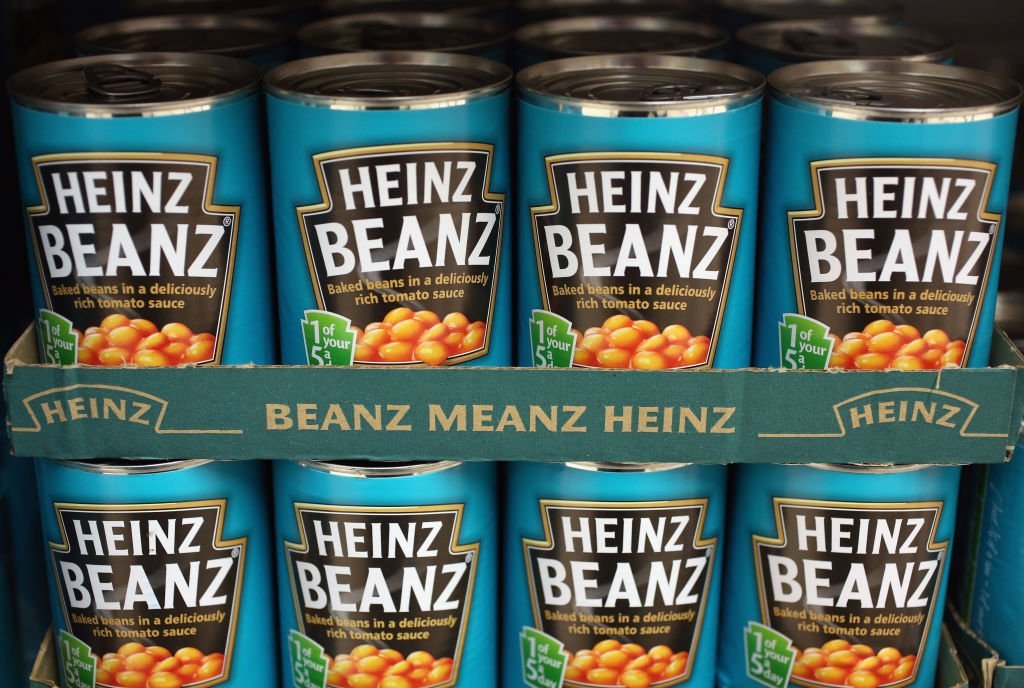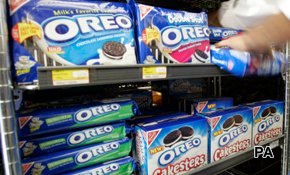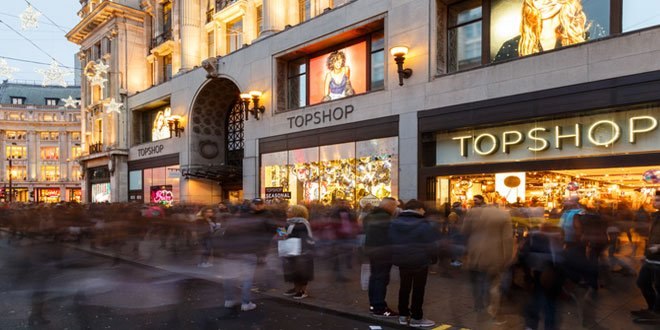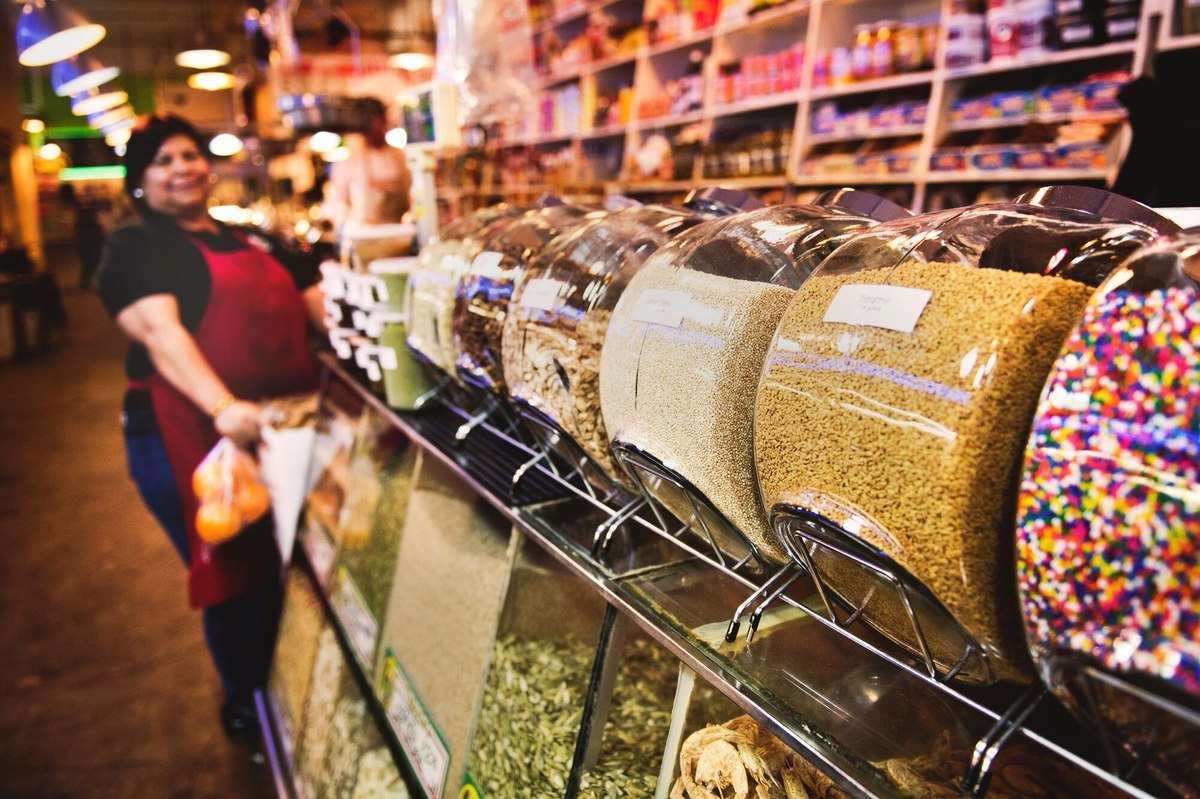
Heinz’s new campaigns can’t overcome price hike effects
Heinz Beanz has been on something of an advertising blitz. The brand’s 'Unbeanlievable' campaign has been on billboards and screens across the country, and Britons are taking notice.
For two months running, Heinz Beanz has been Britain’s top Advertiser of the Month, meaning that public awareness of its ads has been growing faster than any other brand tracked by YouGov. At the beginning of March, only 8% of Britons reported having seen an ad for Heinz Beanz in the past two weeks. This more than doubled in April to 19% before settling down to 16% by the end of May.
When a campaign is going this well, a brand might reasonably hope that consumers will develop better feelings about a brand and, ultimately, be more inclined to consider buying it. And this is occurring within one specific group of consumers. Members of this group are more likely to say that Heinz Beanz provide good quality and value-for-money than before “Unbeanleavable,” and more of them will consider buying them.
Unfortunately for Heinz, this group only comprises small proportion (8%) of Britons. Among the general population, Purchase Consideration slid from 35% to 32%, even as Ad Awareness soared. More unfortunate still, the consumers that Heinz has most impressed are those who are “not responsible at all for grocery shopping.”
At the beginning of March, 30% of non-shoppers said they’d consider purchasing Heinz Beanz. This number rose to 37% mid-month, when ads were most prominent, before settling down to 31% at the end of May.
Those who drive the shopping cart trend in the opposite direction. Among Britons who are the sole shoppers in their household, Consideration fell from 35% to 29%. Among those partly responsible for the shopping, it dropped slightly from 36% to 34%. It appears that the more often consumers visit the supermarket, the less inclined they are to consider Heinz. Why might this be?
Ads, of course, are not the only factors that affect consumer opinion. Quality also matters and Heinz has had some bad publicity in this respect. In early March, a widely-publicized taste test threw the iconic baked beans quality into question when they finished in eighth place, losing to store brands such as Asda, Aldi and Lidl.
From the publication of those results on March 8 until the end of May, Heinz Beanz’ Quality score declined from 39 to 36 among the general population. Again, opinions differ depending on shopping responsibilities. The decline was greater among sole shoppers (from 40 to 35) than part-time shoppers (40-38). Among non-shoppers, presumably not close followers of bean news, Quality scores actually rose from 37 to 40.
In the longer term, price increases have likely contributed more than the taste test to the decline in purchase consideration. Over the past year, the prices of Heinz products have risen much faster than those of its competitors with the result that a can of Heinz Beanz can cost more than three times as much as store-brand competitors (£1.40 compared to 45p for a can of Lidl-brand baked beans). Consumers’ discontent with rising prices are reflected in Heinz Beanz’ Value score, which measures perceptions of the brand’s value-for-money. From the beginning of March to the end of May, Beanz’s value score halved from ten to five.
Cost also splits shoppers and non-shoppers. While non-shoppers may not notice changing prices, those responsible for buying food are reminded in the aisle and again at checkout how much their Beanz are costing them. It’s therefore no surprise that Heinz’s Value scores have collapsed among British shoppers. For those who are partly responsible for the shopping, Value has fallen from nine to two. Among sole shoppers, it’s declined from 12 to four. Non-shoppers remain blithely unaffected by prices, with Value scores rising from 14 to 16 during the same period.
In many ways, Heinz’s spring advertising blitz has gone well. Surging Ad Awareness shows that the ads are getting noticed and apparently making a great impression on Britons who have no regular business in a supermarket. It is reasonable to think that they’re also having a positive effect on those who fill the basket. However, the effects of the campaign may be outweighed by other factors such as price.
Make smarter business decisions with better intelligence. Understand exactly what your audience is thinking by leveraging our panel of 20 million+ members. Speak with us today.
To receive monthly insights about the FMCG industry register here.
To read YouGov’s latest intelligence on the FMCG sector explore here.
Want to run your own research? Run a survey now
Methodology: YouGov BrandIndex collects data on thousands of brands every day. A brand’s Ad Awareness score is based on the question: “Which of the following consumer brands have you seen an advertisement for in the past two weeks?” Data from surveys of adults aged 18 years and above residing in UK from March 1 to May 29, 2023. All scores were calculated on a 6-week moving average. Learn more about BrandIndex.

































